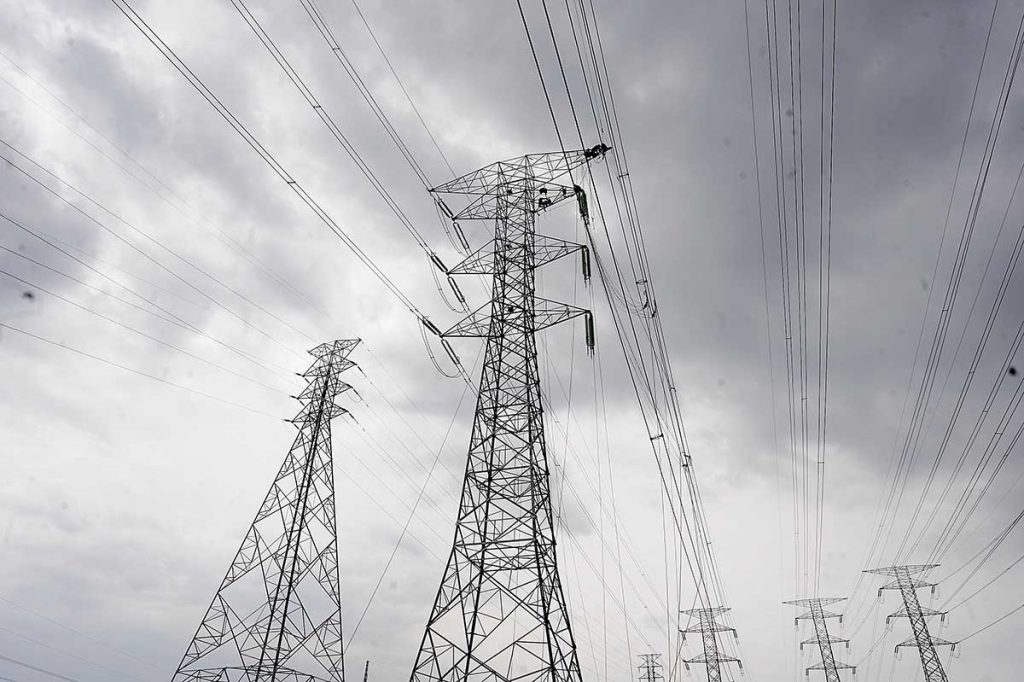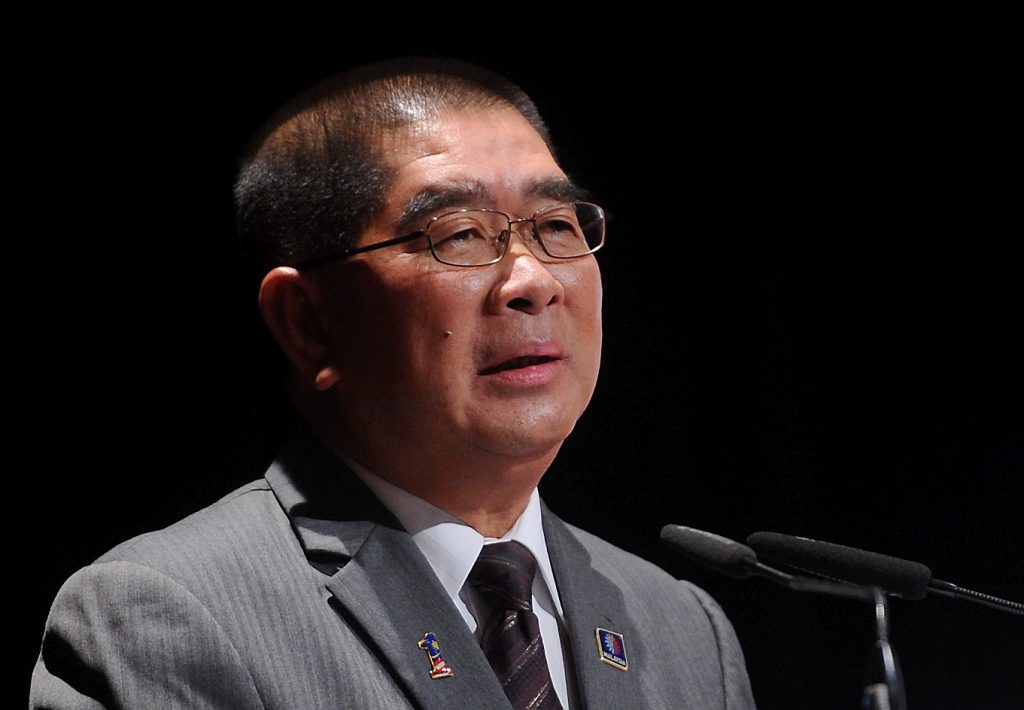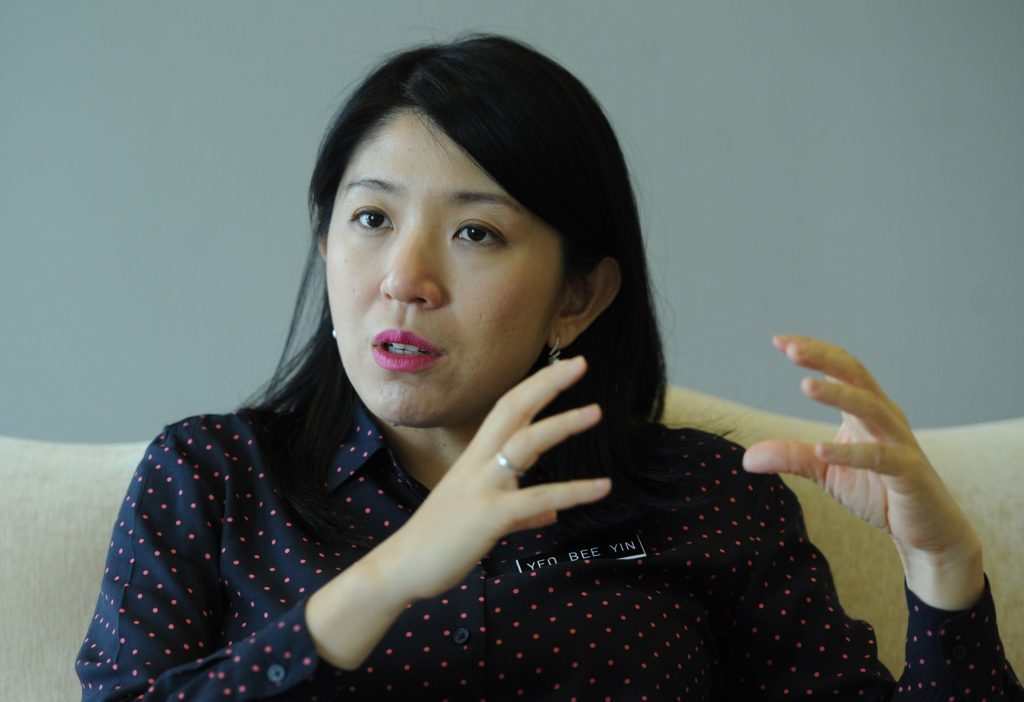Auto Added by WPeMatico

by NURUL NAJMIN ABU BAKAR
THE ASEAN Power Grid is moving forward as governments and energy companies push for stronger regional collaboration in renewable energy.
However, experts warn that outdated infrastructure and regulatory gaps could slow progress.
Masdar Clean Energy’s head of business development (APAC) Fatima Al Suwaidi said Southeast Asia holds strong potential, but limited grid capacity could affect project viability.
“Renewables are growing rapidly, but without proper grid support, projects could become stranded. Our concern as developers is whether we can actually deliver the power we generate,” she said at Energy Asia 2025 on Monday.
Masdar Clean Energy, based in Abu Dhabi, has over 51GW of clean energy projects globally and aims to reach 100GW by 2030. Southeast Asia is one of its focus regions, but Fatima said success depends on several enablers.
“Clear policies, reliable offtake agreements and strong local partnerships are critical for long-term viability,” she said.
In Indonesia, the government plans to build 48,000km of transmission lines over the next 10 years, led by state utility Perusahaan Listrik Negara (PLN).
The RM40 billion investment aims to improve national electrification and support green energy exports. A memorandum of understanding has already been signed with Singapore.
Meanwhile, Pertamina New & Renewable Energy CEO John Anis said ASEAN must prioritise regional cooperation and boost government support to reduce risk in renewables, particularly in geothermal exploration.
“Each ASEAN country has its own strengths. Connecting these resources builds a more resilient power system for the region,” he said.
The ASEAN Centre for Energy (ACE) said the power grid has become a key part of national climate strategies, with 18 cross-border interconnections identified as priorities.
Nadhilah Shani, manager of power and interconnection department at ASEAN centre said Malaysia’s National Energy Transition Roadmap includes the ASEAN Power Grid as a key pillar, while Thailand and Indonesia have also outlined cross-border energy trade initiatives.
Fatima said project timelines remain a concern in the region.
“There is interest and capital, but slow licensing, outdated rules and limited digital systems are holding things back,” she said, noting that projects in Southeast Asia often take up to five years, compared to under a year in the Middle East.
While regulatory frameworks for renewable generation are largely in place, panellists said transmission infrastructure still lacks the necessary support to attract private investment. Renewable energy certificates were proposed as a tool to encourage grid-related financing.
The goal is a fully integrated and digitally managed ASEAN grid that delivers clean electricity from low-cost sources to high-demand areas, by 2035.
Meanwhile, Anis noted that energy is the foundation of growth.
“With cross-border collaboration, we can speed up the transition and ensure long-term prosperity for the region,” he said.
RELATED ARTICLES

Malaysia optimistic of signing PPAs with Laos, Thailand

Malaysia, Singapore continue energy talks
The post ASEAN power grid gains momentum amid infrastructure, policy gaps appeared first on The Malaysian Reserve.
